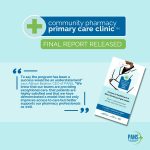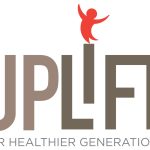Research Power Inc. (RPI) is a Canadian consulting firm that excels in working with our clients to build and implement projects that drive results for success and identify the path forward. We take great pride in delivering high-quality work based on evidence, sound training principles, evaluation, and facilitation strategies. We have worked extensively in the health care sector, but serve other diverse sectors as well (environment, education, community services, justice). We provide services to local, national, and international clients in the private, public, and non-profit sectors, and have many long-standing client relationships.
News and Updates
-
 Evaluation of the Community Pharmacy Primary Care Clinics1 April 2025/0 Comments
Evaluation of the Community Pharmacy Primary Care Clinics1 April 2025/0 Comments -

RPI offers services in the following sectors and areas:
- Training Across Cross-Functional Teams: Medical; Marketing; Sales
- Effective Use of Virtual Platforms
- Professional Education and Speaker Development
- Project Management of Public/ Private Healthcare Partnerships
- Developing Training Assets
- Informing Marketing Strategies
- Developing and Facilitating Advisory Boards and Consultancy Meetings
